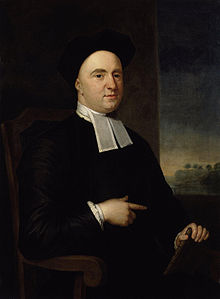- Subjective idealism
-
Subjective idealism is a metaphysical theory which holds that only perceptions, ideas, and minds exist. The simplest and most common version of subjective idealism combines subjunctive phenomenalism, the view that statements about physical objects can be translated into subjunctive conditionals about perceptions, with belief in immaterial minds.
From the point of view of subjective idealism, the material world does not exist, and the phenomenal world is dependent on humans. Hence the fundamental idea of this philosophical system (as represented by Berkeley or Mach): things are complexes of sensations, and only subjects and objects of perceptions exist.
Subjective idealism is a form of idealism: it is an ontology which takes only minds, ideas, and perceptions to be fundamental.
History
The most famous proponent of subjective idealism was the 18th century Irish philosopher George Berkeley, although Berkeley's term for his theory was 'immaterialism'.
Trivia
Subjective idealism is featured prominently in the Norwegian novel Sophie's World, in which "Sophie's world" exists in fact only in the pages of a book.[citation needed]
A parable of subjective idealism can be found in Jorge Luis Borges' short story Tlön, Uqbar, Orbis Tertius, which specifically mentions Berkeley.
See also
Idealism Forms Absolute idealism · actual idealism · British idealism · German idealism · monistic idealism · epistemological idealism · subjective idealism · objective idealism · transcendental idealism · Hindu idealismRelated topics Anti-realism · consciousness-only · rationalism · mentalism · panpsychism · phenomenalism · idealistic pluralism · Idealistic StudiesCategories:- Theories of mind
- Idealism
- Perception
- George Berkeley
- Philosophy stubs
Wikimedia Foundation. 2010.

